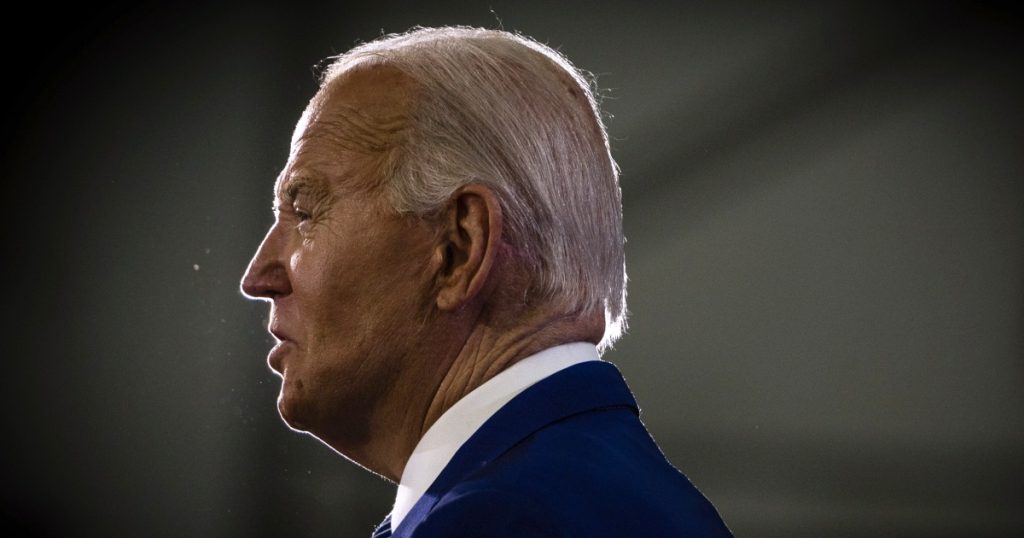Joe Biden’s inaugural address in January 2021 focused on the theme of “unity,” emphasizing the need to overcome partisan divisions that have been deep-rooted in America for generations. As he faces re-election, the nation remains locked in a tribal standoff, with political discourse becoming increasingly toxic over the years. Despite initial hopes for increased national cohesion following his victory, disillusioned voters are now switching back to support Trump, and the bipartisan divide shows no signs of improving.
Efforts to address the far-right movement within the Republican party have not led to the anticipated reckoning, despite predictions that electoral losses would diminish its influence. Trump and his followers remain a powerful force in American politics, with his potential re-election posing a real threat of increased political violence. Biden’s win in 2020 did not lead to a national rapprochement, and there are concerns that a potential loss by Trump in the upcoming election could result in more unrest.
Although Biden has not given up on the idea of bringing parties together and reducing polarization in the political landscape, challenges remain in finding common ground when one side continues to believe, without evidence, that the other is illegitimate. Efforts at bipartisanship have been hindered by Trump’s ongoing influence and attempts to divide the country. Biden’s allies argue that his leadership style, which emphasizes collaboration, could pave the way for improved relations if he secures a second term in office.
The possibility of appointing Republicans to key positions in his administration could be a path toward easing polarization, reflecting Biden’s desire to bridge ideological divides. Although he has made some legislative gains in promoting cross-party deals, the persistent hostility between parties may limit his ability to achieve lasting unity. At a time when deep divisions plague the nation, finding common ground and fostering bipartisan collaboration will remain a formidable challenge for Biden and the political landscape as a whole.
Some Republicans feel that Biden could have taken steps to defuse tensions and project a more bipartisan image, suggesting that he missed opportunities to engage with moderates and independent-minded members of the party. While there are calls for structural changes to the political system that could promote more inclusive representation and reduce voter disenfranchisement, the current landscape remains deeply divided. As Biden seeks to reunify the country in a possible second term, the challenge of bridging partisan divides and promoting national cohesion will continue to be a pressing concern for the future of American democracy.


